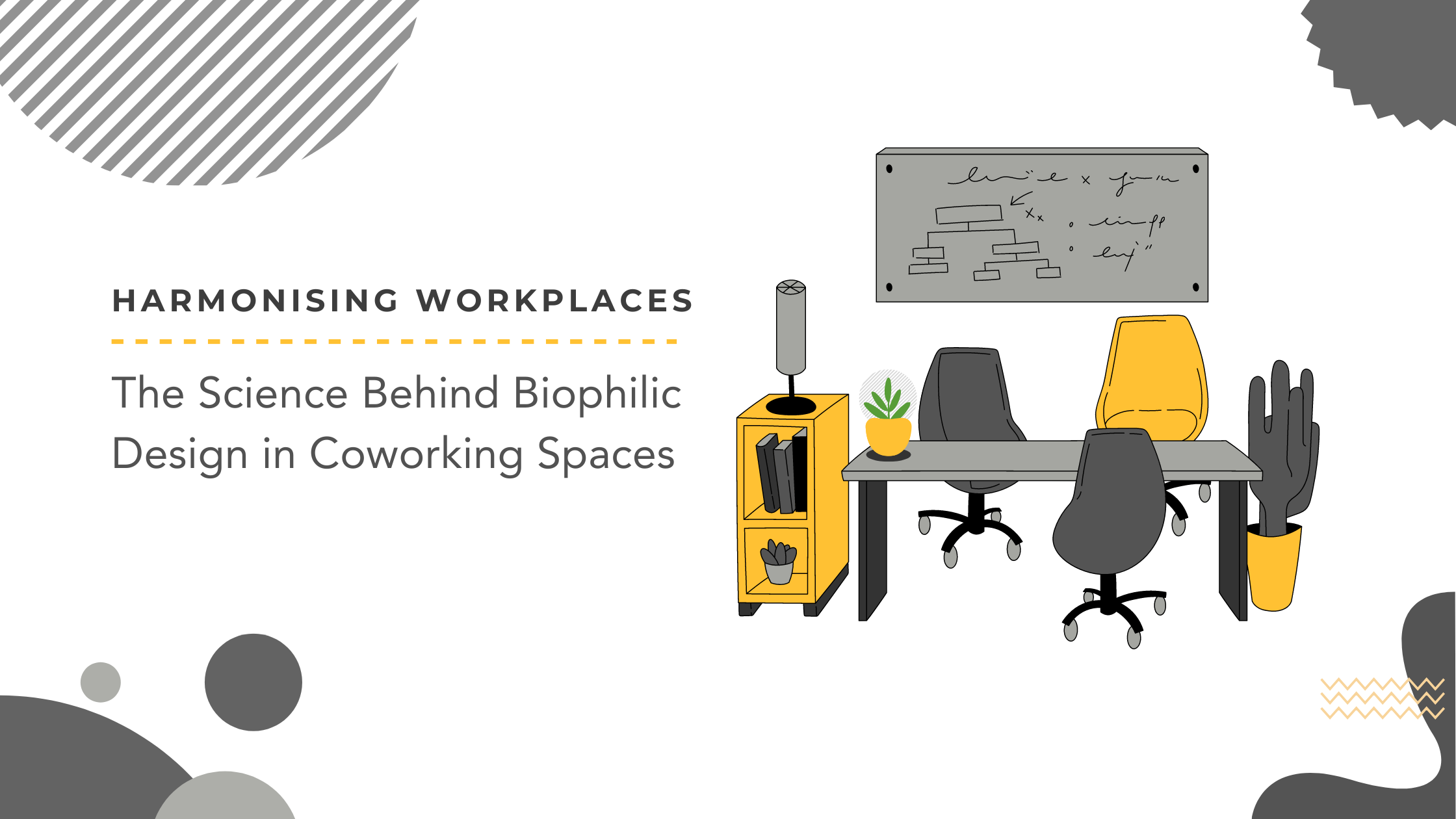The workforce has undergone considerable changes recently as a result of demographic changes, technological developments, and changing job choices. Co-working spaces have arisen as a dynamic option to satisfy the shifting needs of professionals as traditional work models lose their relevance. These co-working spaces have developed from being merely substitutes for conventional workplaces into flourishing communities that encourage creativity, flexibility, and cooperation. We'll look at how co-working spaces have evolved to meet the changing demands of the workforce in this blog article, showing how they've become essential hubs for contemporary professionals.
Embracing Flexibility: One of the main factors contributing to co-working spaces' increasing appeal is their capacity to provide unmatched flexibility. Co-working facilities give professionals more flexibility in where and when they work than traditional workplaces do. Co-working spaces offer a setting that adjusts to your schedule and preferences, whether you're a freelancer, remote worker, or startup business owner. These areas offer a variety of possibilities, allowing individuals and teams to customize their work environment to their unique needs, from open dining areas to private offices and meeting rooms.
Supporting Diverse Work styles: The workforce of today includes people with a range of preferences and work habits. By providing a variety of amenities and services, co-working spaces have modified their operations to suit this diversity. While some workspaces are designed expressly for calm, concentrated work, others offer vivacious, energizing surroundings. Co-working spaces also frequently offer specialized amenities like maker spaces, art studios, or places designated for wellness activities, enabling professionals to combine their personal hobbies with their jobs. Co-working spaces make sure that people can choose a setting that improves their productivity and general well-being by accommodating a variety of work styles.
Promoting a Sense of Community: Co-working spaces provide a sense of community and belonging in a world where remote work and virtual connections are increasingly common. They offer a physical setting where experts can communicate, work together, and receive assistance. Co-working facilities frequently plan community activities, workshops, and social gatherings that help members connect and form bonds. These places have a special ambience that can help fight feelings of loneliness and increase motivation and creativity because of the sense of community and shared experiences they foster.
Embracing Technological Advancements: Co-working spaces have made adjustments to take advantage of technological developments as they continue to influence the modern workplace. Co-working spaces provide a technologically cutting-edge infrastructure that serves the needs of modern workers, including high-speed internet, cutting-edge audiovisual equipment, smart access controls, and digital collaboration tools. These areas foster productivity, connectedness, and efficiency by embracing cutting-edge technologies, making them the perfect settings for both individuals and teams to flourish.
Fostering networking and collaboration: In the modern workforce, networking and collaboration are crucial success factors. Co-working spaces have taken notice of this demand and developed into successful centers for bringing together workers with similar interests. Co-working spaces encourage a culture of cooperation and knowledge sharing by bringing together people from various industries. Co-working locations offer many chances to grow professional networks and create beneficial alliances, whether through planned events, networking meetings, or just by chance contacts that happen in common spaces.
To address the changing needs of the modern worker, co-working facilities have undergone tremendous change. They have become indispensable hubs for professionals all over the world because of their capacity to offer flexibility, stimulate collaboration, accommodate various work styles, build a feeling of community, and embrace technology advancements. Co-working spaces will surely be crucial in influencing how the workforce develops in the future. These places support productivity, innovation, and success by dynamically adjusting to the requirements and preferences of professionals.







